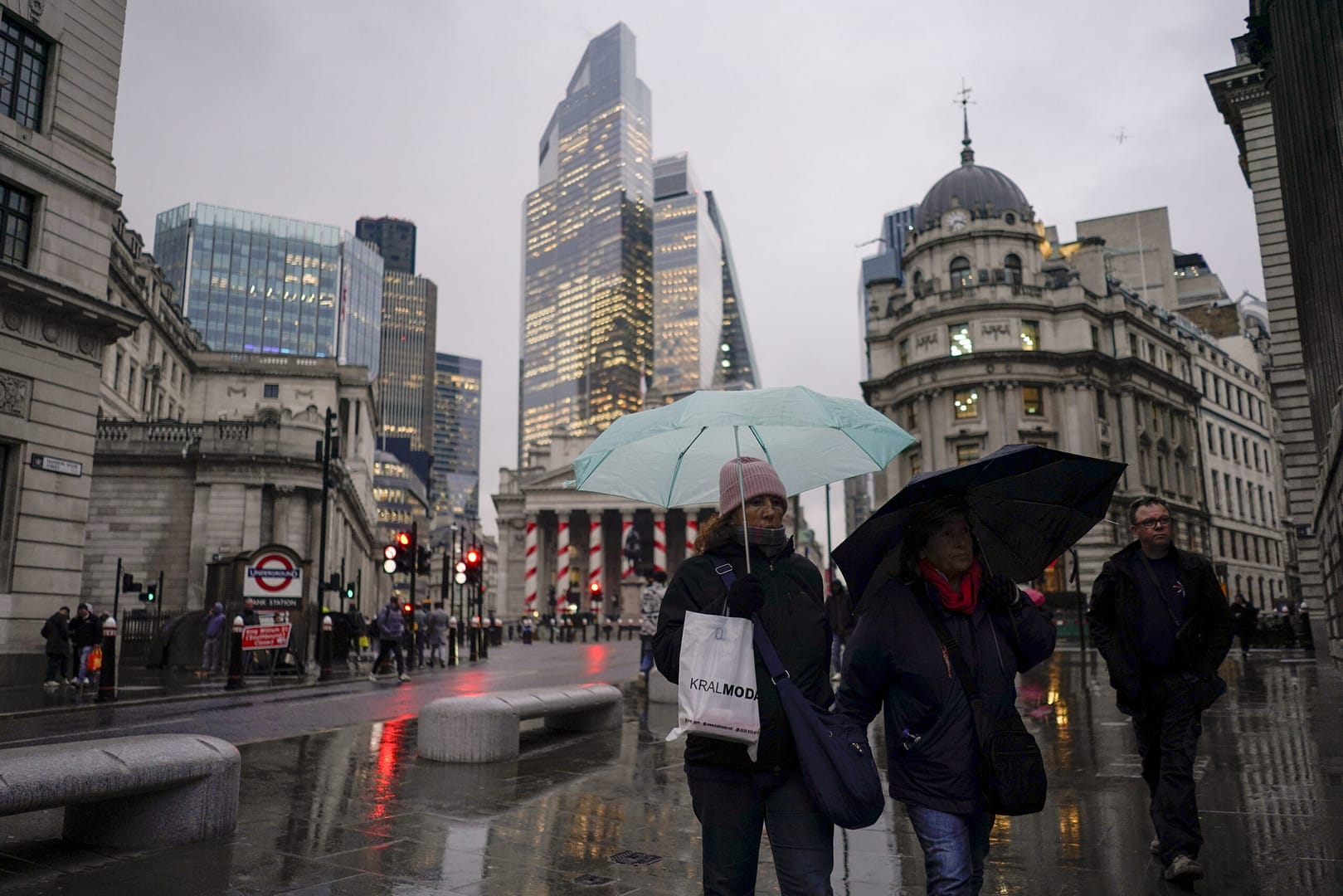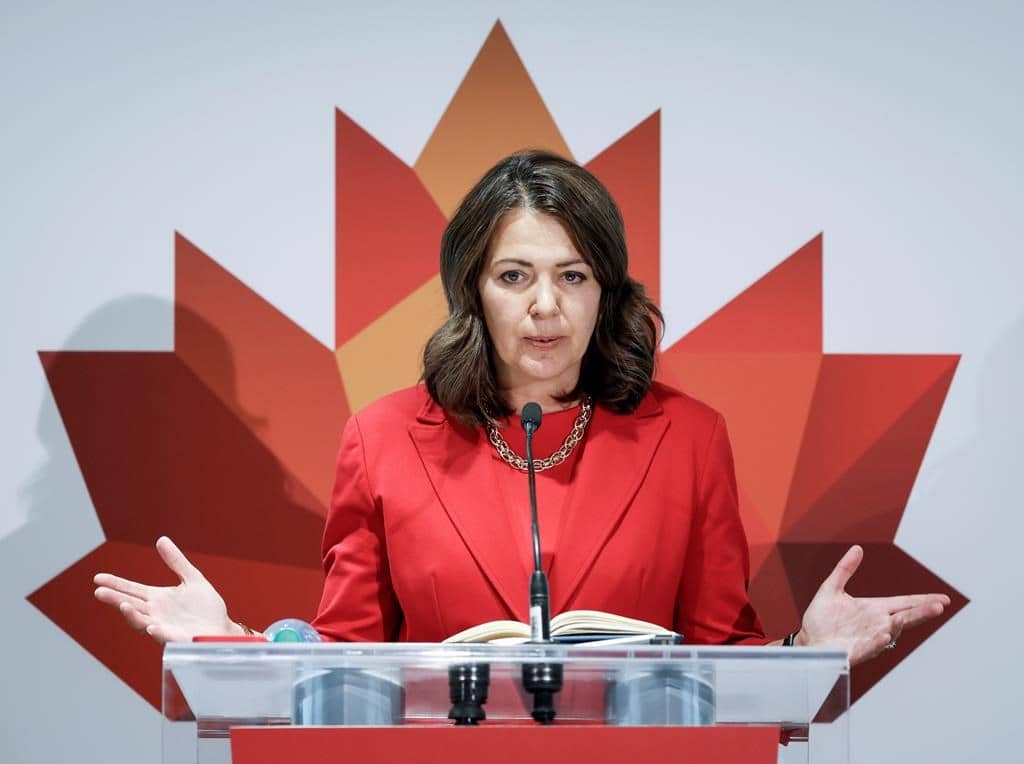Interest rates were kept on hold as the U.K.’s central banks warned on Thursday of “heightened uncertainty” as inflation approached a deeper above-target low. The Bank of England’s nine-member Monetary Policy Committee kept its main interest rate unchanged at 4.75 % with new data showing inflation rising to 2.6 %, further above the bank’s 2 % target. The rate-setting board is acting cautiously because lower saving costs have the potential to increase inflation even further. Financial markets were eager to hear the decision, but unexpectedly, as many as three of the people voted for a quarter-point reduce. If there aren’t any significant inflation surprises at the next policy meeting in February, that may indicate a more reduction. We must ensure that we maintain our 2 % inflation target, according to Bank Governor. Andrew Bailey, who voted to keep prices on hold. We believe a progressive reduction in interest rates is appropriate, but with the economy’s lessened doubt, we can’t say when or how much.” Struggling sectors in the U.K. market and homeowners are hoping for more cuts next time that would ease some of the burden.” The American economy has now experienced two weeks of contraction. 1: 48
Bank of Canada lowers interest rates by half a point, suggesting a “more steady” pace.” While anticipated, the bank’s decision to hold rates will still be a slam dunk for households struggling with costly mortgage bills and businesses experiencing a rise in costs following the fall finances,” said Suren Thiru, director of economics at the Institute of Chartered Accountants in England and Wales. The Fed made the decision the day after the U.S. Federal Reserve cut interest rates, but Chair Jerome Powell indicated that the Fed may be easing its price reductions once prices projections were revised higher. Trending Then
3 people from the United Kingdom are accused of beating the owner of an Ontario restaurant.
Donald Trump claims that many Canadians want to be in the position of 51.
According to the Bank of England’s determination, rate-setters were cautious about the perspective of the economy in the midst of the new Labour government’s first budget and the result of the U.S. presidential vote. According to critics, the October resources both lowers growth and raises inflation pressures. Companies may find ways to offset higher costs by raising rates or reducing getting as a result of a significant increase in business income. The government claims that to boost public income and fund cash-strapped public companies, it was necessary to raise taxes. And with Donald Trump resuming his presidency in January, there is doubt about whether the incoming U.S. administration may impose levies on imports, a policy that could lead to a tit-for-trade comment that stokes inflation and slows growth. In the U.K. and around the world, inflation is still much lower than it was a few years ago, primarily as a result of central banks ‘ dramatic increases in saving fees from near zero during the coronavirus pandemic, first as a result of supply chain issues, then as a result of Russia’s massive invasion of Ukraine, which increased energy prices. The main banks have started cutting interest rates as inflation rates have dropped from multidecade peaks, but few, if any, economists believe that prices will return to the super-low degrees that persisted in the centuries following the global financial crisis of 2008-2009. &, backup 2024 The Canadian Press


